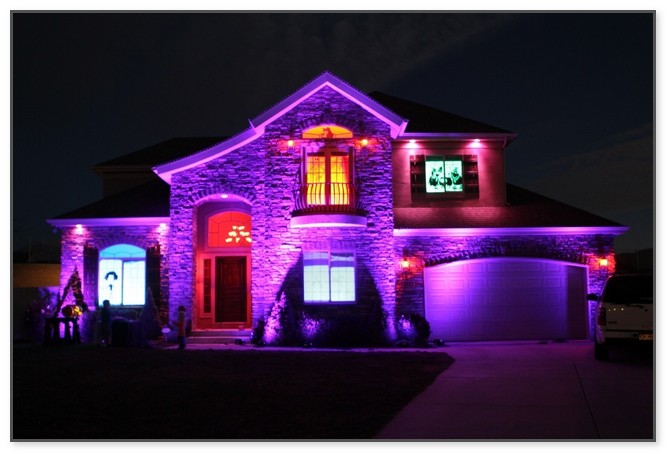

These white diodes are essential because it’s hard to achieve certain colors (and, of course, mainly white lights) with just red, green and blue diodes – so having separate white diodes allows Hue lights to deliver much more diverse color ranges. There’s also white diodes (whilst some Hue lights only have one white diode, many have both cool and warm white diodes): In other words, there are the three primary color diodes to allow for color changes – these often appear as a single diode (an RGB one) instead of being three separate diodes. The way that Philips Hue color bulbs (and light strips) allow for 16 million color changes is by using multiple diodes on each product:

#Color switch plus christmas lights setup full
In other words, a Philips Hue device that only says “White” or “White Ambiance” will not allow for full RGB color changes, but anything saying “Color” will allow this. This is possible on all Hue bulbs and light strips called “White Ambiance and Color”. If you want to take this one step further and keep an eye on things, you should add a couple of cards to your Home Assistant dashboard.Video can’t be loaded because JavaScript is disabled: Philips Hue Lightstrip V4 #shorts video – testing out the Hue Colorloop lab formula () So long as Home Assistant stays online, your lights will now react to the sun and pay attention to what time it is. Relish in your newfound freedom from ever having to put on boots and a coat just to trudge outside in the snow just to unplug a few extension cords. Tap “Restart” and wait for Home Assistant to come back online.Ĭongratulations! You have successfully configured Home Assistant to automate the behavior of your Christmas lights.

Navigate to Configuration → Server Controls.To make configuration file changes take effect, restart Home Assistant.If you had to make any changes, save the file using the orangish-red “Save” icon in the top right corner.The “state:” value should match your desired outcome – For example, if one entity has “state: off”, but you want it to be “on” in this scene, edit the value to correct. Under each entity, you should see the “friendly name:” and “state:” objects.If any are missing, add them here by copying one of the existing sections. Each scene should name the “entities” that you want to control.After following this tutorial, you should have two scenes, configured in JSON format.Navigate to /config and then tap “ scenes.yaml“.Tap the small folder icon in the top left corner of the File Editor window.In the Home Assistant sidebar, tap “File Editor”.Follow these instructions to get it set up – it will only take a minute. You will need the “File Editor” add-on in order to proceed. Mine is named “Outdoor String Lights Off”. Repeat this process to add a second scene where all of the entities are turned off. Once all devices have been updated, save the scene using the orange “Save” button in the bottom right.Close the dialog box once the device is turned on.In the Devices section, set the desired state of each device when this scene is activated.Start typing “switch” and select the plugs you want to turn on.Since I am using the TP-Link Kasa Outdoor Plugs with two outlets (or entities) per device, I found it better to use the “Entities” selector.



 0 kommentar(er)
0 kommentar(er)
